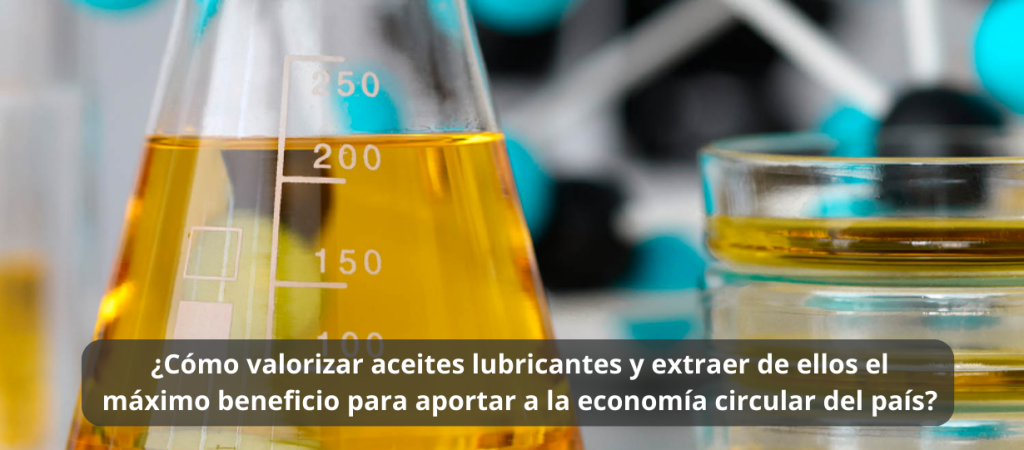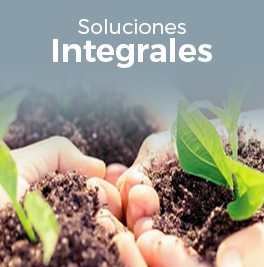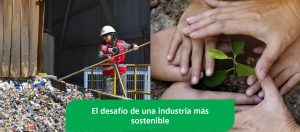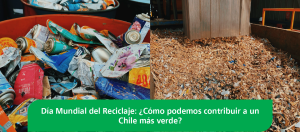
The so-called “REP Law” establishes a framework for waste management, extended producer responsibility and the promotion of recycling.
After more than four and a half years of processing, the Council of Ministers for Sustainability and Climate Change (CMSCC) unanimously approved last year the decree that sets the collection and recovery goals for used lubricating oils (ALU), one of the priority products contemplated in Law 20,920, which “establishes a framework for waste management, extended producer responsibility and promotion of recycling,” known as Ley REP.
Because it is important? Regardless of the industrial sector in which they are handled, the oils and lubricants used in production processes end up becoming highly polluting waste that, if not treated correctly, causes severe negative impacts on the environment. This is due to the exposure to high temperatures and pressure to which these liquids are exposed inside engines and machines, which causes them to become toxic substances and heavy metals.
At Hidronor we have the necessary capacity and experience to revalue oils, lubricants or products with calorific value that are contaminated, converting them into alternative fuels that are then used mainly by the cement industry under the concept "from waste to resource", through our Service waste revaluation.
We continue contributing to the country's circular economy!







